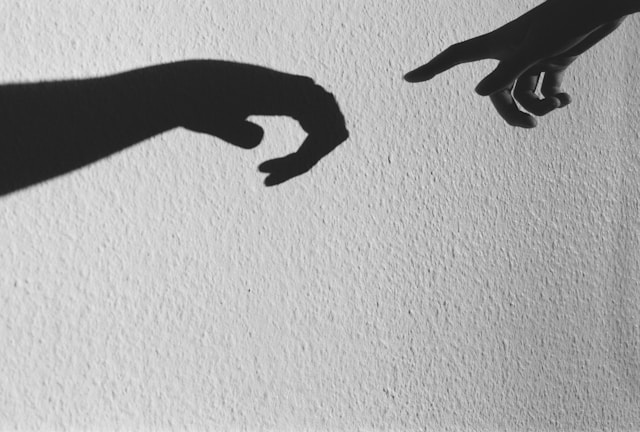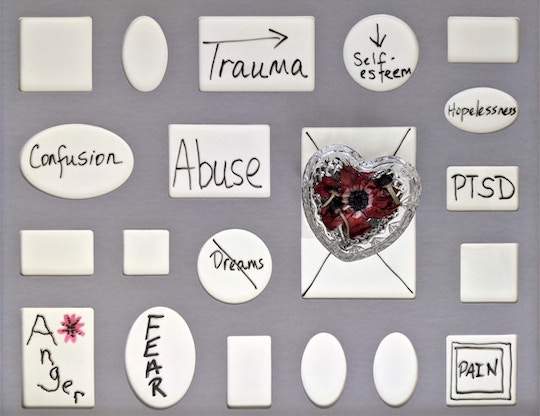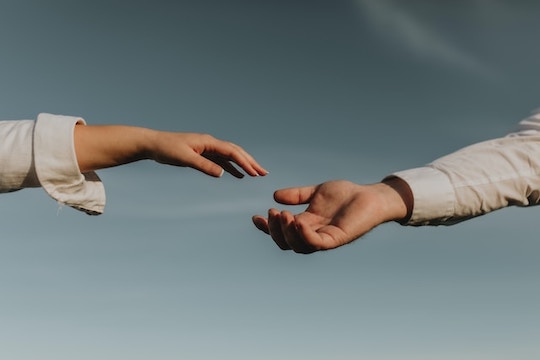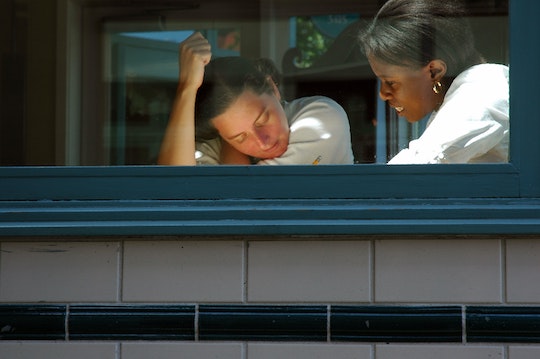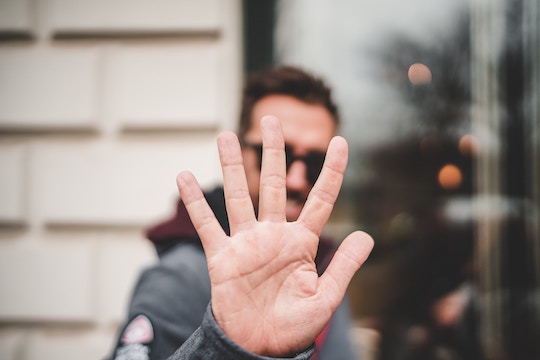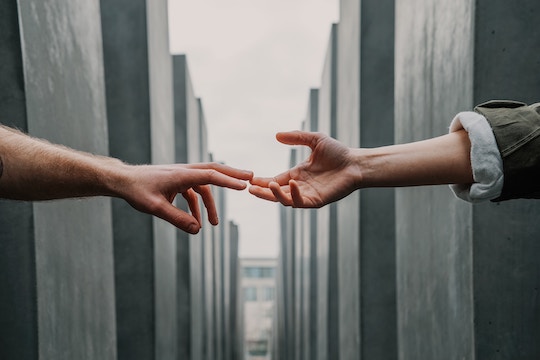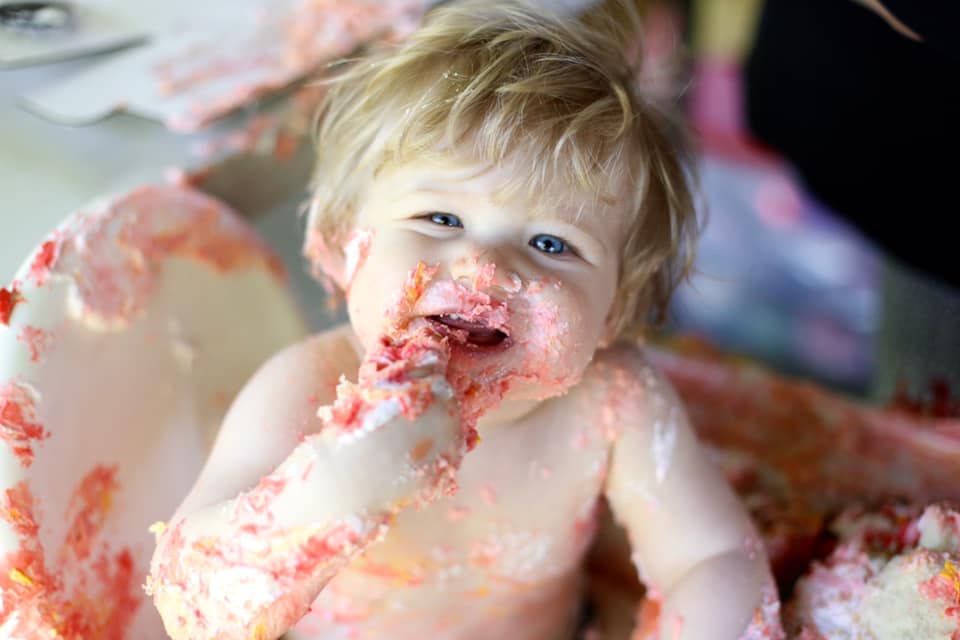“Helping is the sunny side of control.”
—Anne Lamott, American novelist, essayist, and political activist
Offering help can seem positive, but when it’s used as a subtle form of control, it brings real risk.
Over-helping can undermine a person’s autonomy, robbing them of the chance to learn and grow through their own experiences. This can foster dependency, making it harder for people to solve problems on their own and eroding their confidence.
Relationships may suffer too, as recipients feel patronized or resentful, while “helpers” risk burnout and can lose their sense of self.
Blurred boundaries often follow, making it tough to tell genuine support from intrusive interference.
Ultimately, even well-intended help can harm both giver and receiver if it crosses the line.
EXERCISE:
Where in your world do you notice the not so sunny side of helping others?
How can you make sure your assistance empowers instead of controls others in your personal and professional communities?

